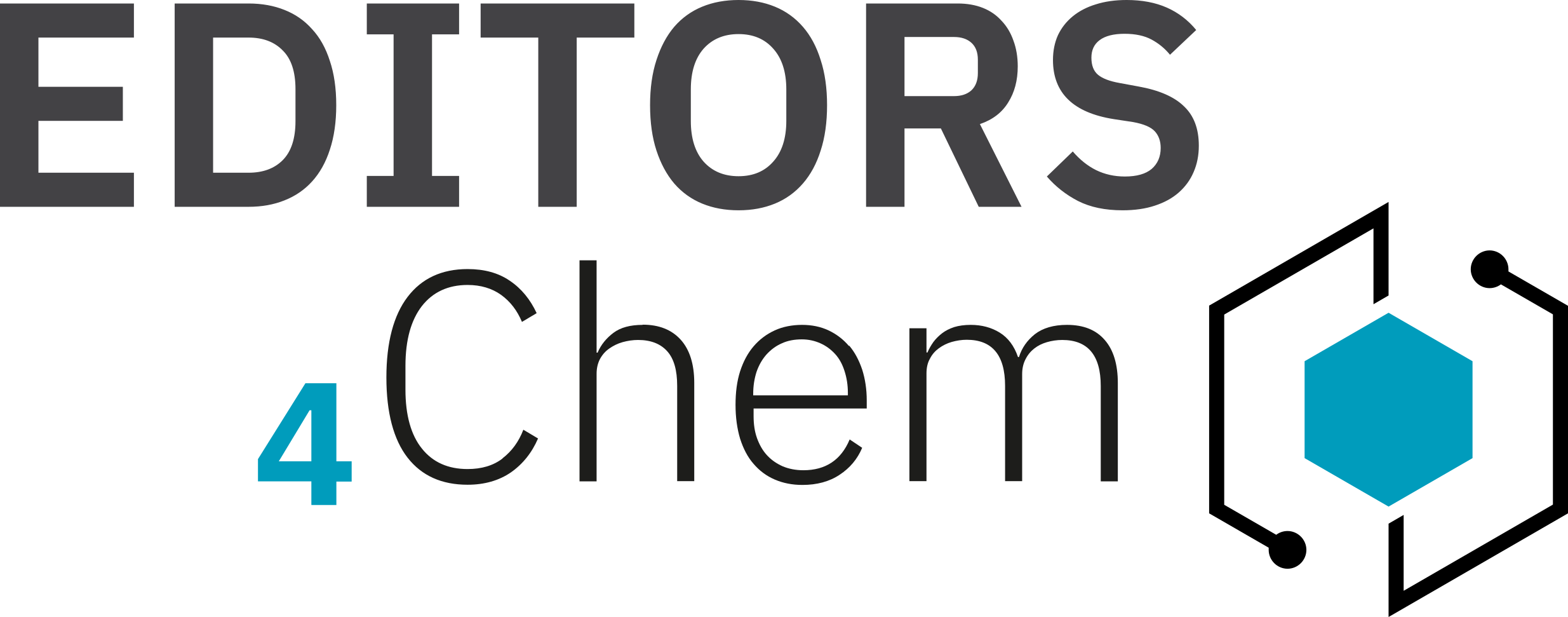
NFDI4Chem together with Leah McEwen (Cornell University, Ithaca) and Vincent Scalfani (University of Alabama, Tuscaloosa) from IUPAC organised the 1st Editors4Chem workshop, which was held on the 3rd of November 2021.
This workshop is part of the holistic strategy in NFDI4Chem to ramp up the adoption of FAIR data in chemistry by interfacing with the scholarly publication processes. The importance of this topic to the publishers is demonstrated by the fact that no less than 18 editors (including many Editors-in-Chief!) representing at least 25 chemistry journals across five publishers signed up for this three-hour workshop.
Steffen Neumann (NFDI4Chem, IPB Halle) gave a brief introduction and Oliver Koepler (NFDI4Chem, TIB Hannover), Felix Bach, and Nicole Jung (both NFDI4Chem, KIT Karlsruhe) presented the NFDI4Chem approach to make the scientific workflow FAIR from the beginning in the lab until the eventual publication of manuscripts and research data. The international perspective was given by Leah McEwen, Chair of the IUPAC Committee on Publications and Cheminformatics Data Standards and Vincent Scalfani, Chair of the IUPAC Subcommittee on Cheminformatics Data Standards.
The evaluation
Tillmann Fischer (NFDI4Chem, IPB Halle) presented the evaluation of roughly 50 author guidelines in a Team with Claudia Blankenburg (NFDI4Chem, IPB Halle) and Nicole Parks (NFDI4Chem, RWTH Aachen). Some findings were to be expected, like the broad recommendation to use DOIs to refer to publications and datasets. But also unexpected findings were encountered. Roughly 80 % of the checked author guidelines do not point authors towards the concept of field-specific research data repositories. Additionally, ~50 % do not mention anything on a Data Availability Statement. Only one journal explicitly recommended the SMILES notation to describe chemical structures in a machine-readable way, even in the straightforward case of organic compounds and biochemistry. Recommendations on Minimum Information standards or open analytical data formats were only rarely encountered.
STRENDA and MIRAGE
Carsten Kettner (NFDI4Chem, Beilstein Institute) presented the community-driven developments of the STRENDA and MIRAGE standards from the field of enzymology and glycomics with a focus on measures to support adoption by publishers and the community. Warwick Dunn (editor at Springer Metabolomics) showed how a dedicated editorial team can ramp up the awareness and expectations for good quality control in experimental studies and data availability accompanying the publications. The Metabolomics journal does not implement restrictive requirements. Instead it gently asks in the submission system whether such quality and reproducibility improving measures were taken.
Despite being a virtual meeting without the usual coffee-table chats, a lively discussion ensued. It should be noted that nobody questioned the value in publishing research data. Contrary, publishers are open to recommend chemistry-friendly repositories. While publishers may be competitors in the market, the discussion saw the great openness for pre-competitive collaboration to advance chemical science without further complicating the publication process.
As next steps, NFDI4Chem will collaborate with publishers on a set of pilot activities that the journals can adopt to implement recommendations to the journals’ author guidelines.
The Organising Team of Editors4Chem
Tillmann G. Fischer and Steffen Neumann, Leibniz Institute of Plant Biochemistry, Halle, Germany